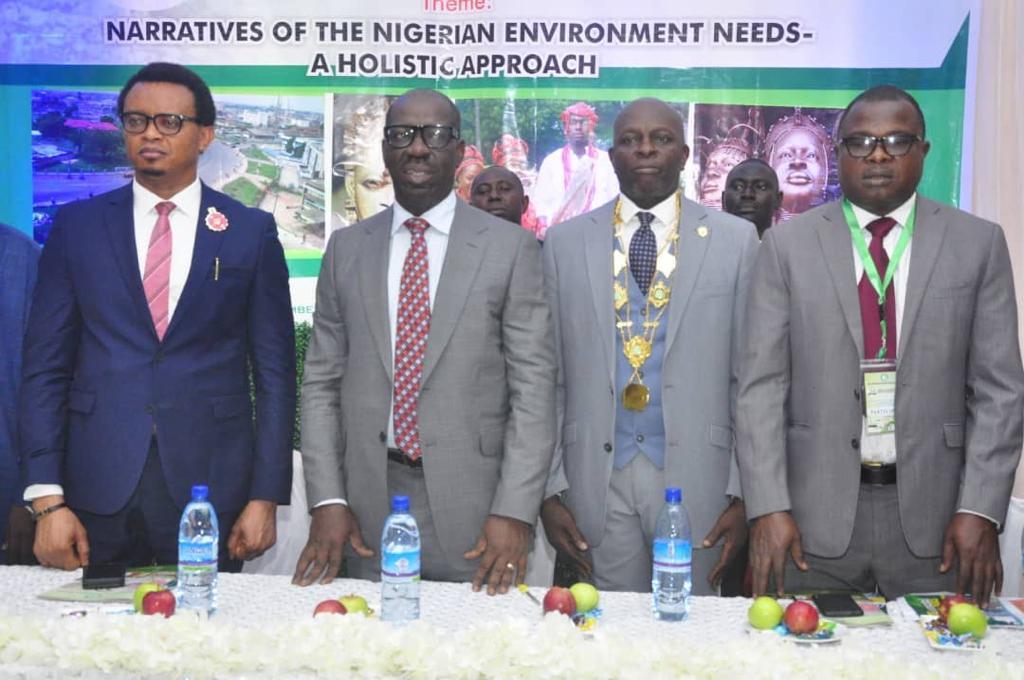Riding on the achieved peace in the oil rich Niger Delta and drop in hostilities in the region, the Federal Government has unveiled plans to restore crude oil production to 2.2 million barrels per day (mbpd).
The new target is to further boost revenues by additional N800 billion yearly.
The new drive is expected to optimise the delivery of at least 10 Giga Watts (GW) of operational power capacity by 2020 to boost economic activity across all sectors and improve the quality of life of the citizenry.
The new plan is contained in the released Economic Recovery and Growth Plan (ERGP) 2017 -2020 by the National Planning Ministry.
The short term plan in the document showed that government also plans to reduce petroleum product imports by 60 per cent next year. It also hopes to become a net exporter by 2020, save foreign exchange and prevent reversion to the fuel subsidy regime.
According to the agency in the report released on Tuesday, the energy sector is fundamental to development across all other sectors of the economy.
The ERGP is designed to address issues of energy from the perspective of electric power and the petroleum sector. With regard to the power value chain, efforts will be concentrated on overcoming the current challenges, which relate to governance, funding, legal, regulatory, and pricing issues across the three main power segments of generation, transmission and distribution, and ensuring stricter contract and regulatory compliance.
Key paragraphs of the document relating to energy development said in parts: “The ERGP aims to optimise the delivery of at least 10GW of operational capacity by 2020 and to improve the energy mix including through greater use of renewable energy.
“The Plan also aims to increase power generation by optimising operational capacity, encouraging small-scale projects, and building more capacity over the long term. Government will also invest in transmission infrastructure. With regard to the oil and gas sector, the intention is to increase the production of crude oil and gas while adding value in the downstream petroleum sector.
“Nigeria has 12.5 GW of installed capacity, but less than one-third is operational (average 3.9 GW in 2015; 3.2 GW in November 2016). Overall, only about 15 per cent of installed capacity is eventually distributed to end users, resulting in a huge shortage of electricity supply across the country.
“Amnesty ordinarily involved training people and trying to pay them a salary to a certain period or whatever it is. But I am saying the lasting solution cannot be that. It cannot be just paying them amnesty because some people hijacked it. The original plan probably wasn’t followed and if it wasn’t followed, it means the money is given to the people it shouldn’t get to and if the money doesn’t get to people it supposed to get to, it means that you have some other people who are waiting and should have benefitted from that, but didn’t benefit.








